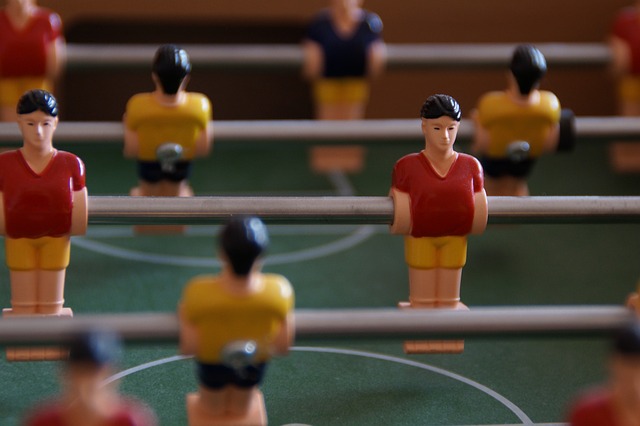Alex Peters | Contributing Writer
“Won’t somebody please think of the children?” When Helen Lovejoy screams this immortal Simpsons line she is reflecting something that is repeated time and time again whenever an athlete is involved in any kind of socially unacceptable behaviour.
Growing up, the idolisation of athletes is often taken for granted. When I was younger the people I looked up to weren’t people of great minds or great deeds, but men who earned a living from kicking a ball around a grassy pitch. The type of person who is somehow worthy of greatness and admiration because they scored a perfect hat-trick against Leicester. We want to replicate this skill and athleticism, and dream of achieving similar greatness. And although I’ve had to come to terms with the fact that I’ll never score a goal for Arsenal or lead Ireland to the World Cup, in some ways even watching sports allows you to almost feel this dream.
But what happens when these athletes do things which are socially or morally reprehensible. Take Ched Evans, a convicted rapist. Having served two and a half years of a five year jail term he was released this month amid media uproar about whether his previous club Sheffield United should take him back.
When I was younger the people I looked up to weren’t people of great minds or great deeds, but men who earned a living from kicking a ball around a grassy pitch.
Both sides have done their utmost to explain why Evans should or should not be allowed to return to professional sport. The Professional Footballers Association have stated that the law doesn’t prevent people from returning to their previous employment and that Evans can make a positive impact on society. The first part of the PFA’s argument holds some amount of moral justification, while the other half depends on your perspective as to whether he’s just looking to make more money.
On the other side, Katie Russell of Rape Crisis England takes the view that to take him back is sending the message that football doesn’t take sexual violence seriously. As of today, over 150,000 people have signed a petition imploring United not to take him back. They say that as a footballer and a potential role-model to young men and children, he should not be re-signed.
Evans’ supporters (of whom he has a surprising number) counter this by saying that he should be allowed to pursue a living having served his time. If he was a binman, the argument goes, he would be able to return to employment. But I don’t know too many binmen who have thousands singing their name every weekend. Furthermore, the victims of high-profile athletes receive disproportionately more hatred online and in person than they would in any other context, due to the often blind allegiance of sports fans to their teams.
When you choose to support a sports team there is a certain binding sense to it. You choose to make what they do in some ways representative of you.
In cases such as this sports fans must consider how far their commitment to an athlete should go. Am I happy as a Baltimore Ravens fan to leave my ethics at the door and cheer on Ray Rice knowing full well that he knocked his girlfriend unconscious and dragged her out of an elevator? When you choose to support a sports team there is a certain binding sense to it. You choose to make what they do in some ways representative of you. That’s why the supporters should be the ones who choose who represents them. If they decide Ray Rice, or Luis Suarez, or Adrian Peterson (facing child abuse charges) or Ched Evans is their man on the field and want to stand by him despite what he has done off it, then let them. Other people are free to express their views, and to do so loudly. Making memes that mock these men does nothing to help their victims and serves only to delegitimise the issue.
The question will remain how do we view professional athletes. Do they exist solely for entertainment, like gladiators in the ring? Is it fair or even desirable for us to expect them to provide some sort of moral authority for us to live by? These are questions that are becoming more and more prominent in society, and as a society we must decide the answers.







